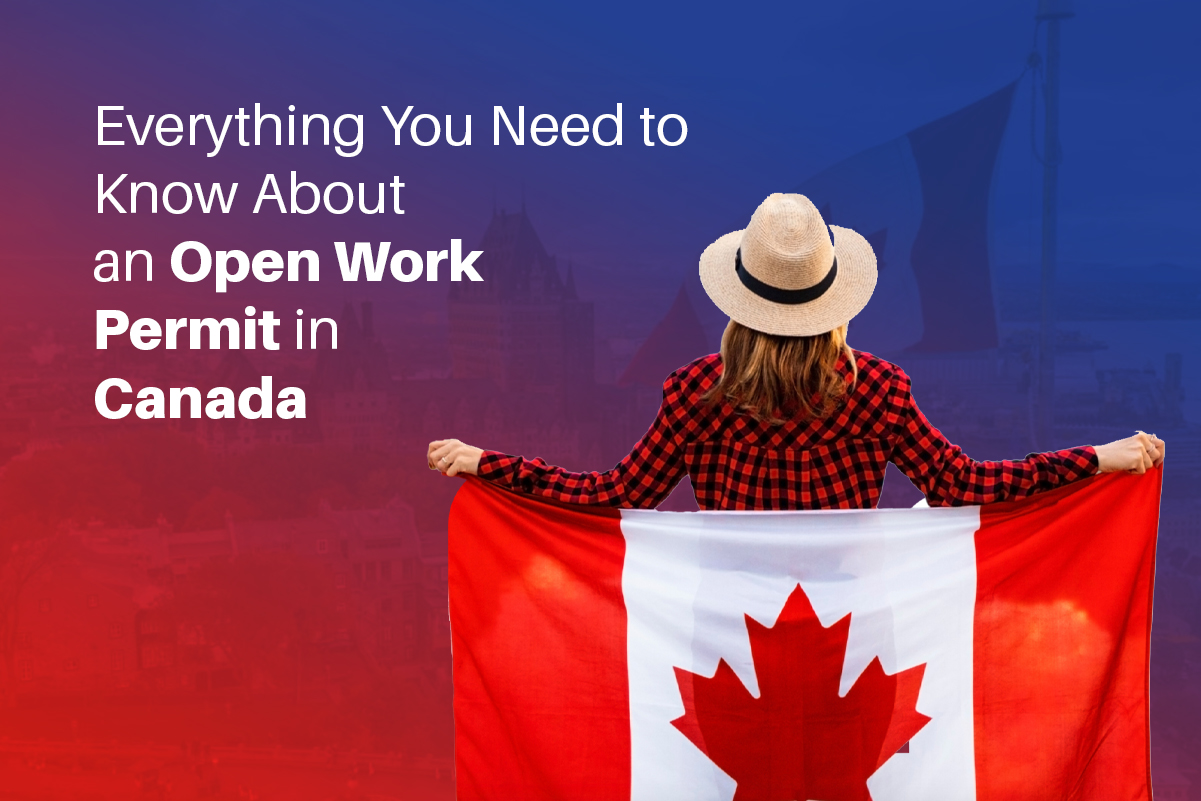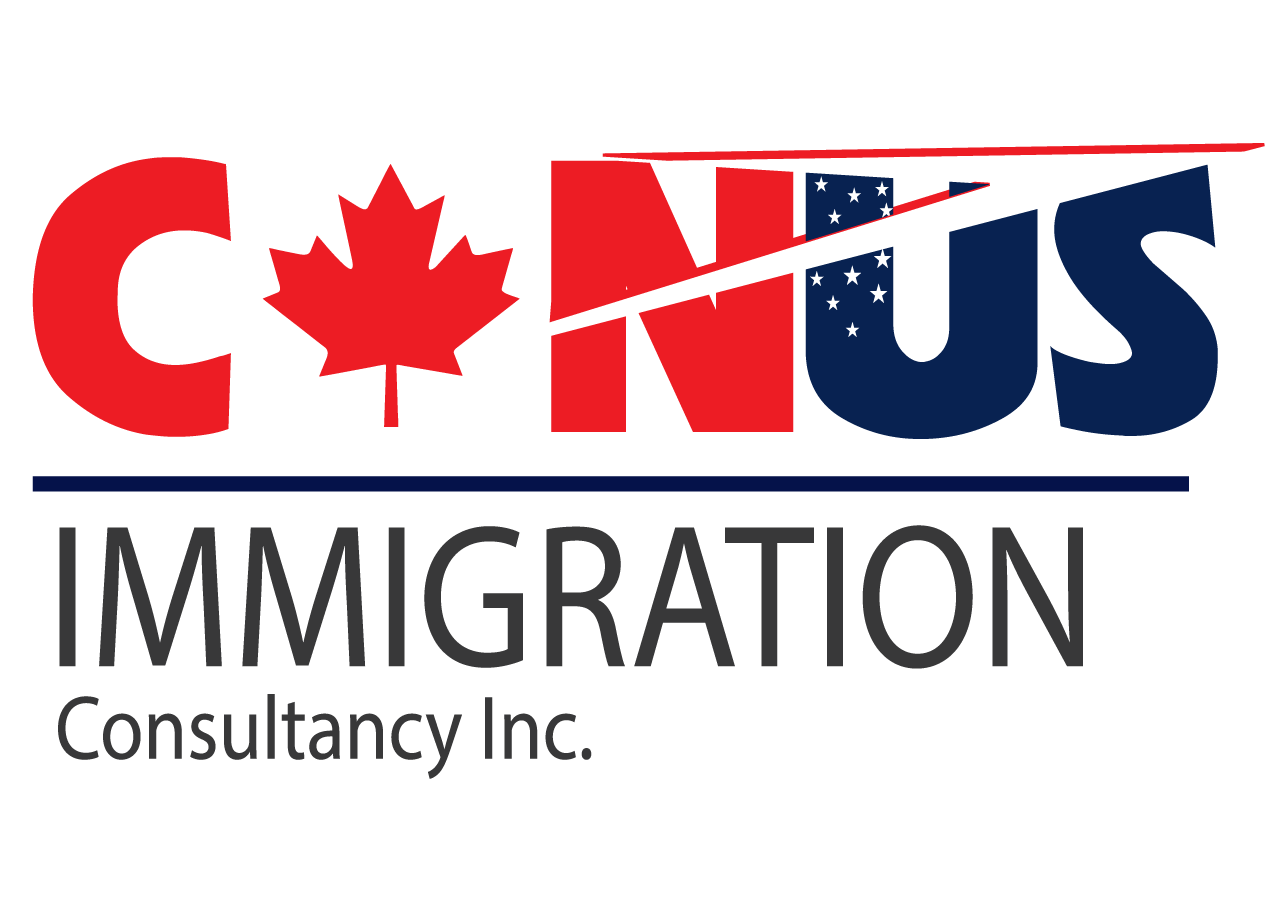Everything You Need to Know About an Open Work Permit in Canada

Want to work in Canada but feel lost about work permits? Don’t worry – you’re not alone. Many people dream of working in Canada, and getting an open work permit is usually the first big step. With new changes in immigration rules and fresh chances coming up in 2024, this is a great time to look at your options.
Are you a student, working professional, or married to someone in Canada? Understanding work permits will make your journey easier. Many people find it helpful to talk to the best immigration consultant near me when they start planning their move.
What is an Open Work Permit?
Think of a Canadian open work permit as your freedom card in the job market. Most work permits tie you to one employer, but this special permit lets you work for almost any company in Canada. It’s like having a key that opens many doors. You can change jobs, try different types of work, and work anywhere in Canada without asking for a new permit each time.
This freedom really helps in today’s changing job world. You can try different jobs until you find the perfect fit, or gain experience in many fields. Whether you want to climb the career ladder or explore different industries, this permit gives you the freedom to choose your path.
Eligibility Requirements for 2024
Canada has made some paths easier in 2024 for getting a work permit. Let’s look at who can apply.
You might qualify if you fit in one of these groups:
- Students who finished studying in Canada
- Partners of skilled workers and students
- People living in Canada temporarily who are on track for permanent residence
- Refugees, protected people, and their families
- Young workers in the International Experience program
- People who got initial approval for permanent residence
Just fitting in these groups isn’t enough though. You need to show how you’ll help Canada’s economy grow. The government looks at your skills, education, and work plans before saying yes.
Application Process and Timeline
Applying for permits is easier in 2024, but you still need to be careful about details. First, you’ll make an account on the IRCC website. Many people talk to the best immigration consultant near me to make sure they’re on the right track before they start.
Most permits take 1-4 months to process. Want to speed things up? Make sure you send in everything they ask for the first time. Here’s what you’ll need:
- A passport that hasn’t expired
- A digital photo that meets their rules
- Papers showing your current status
- School certificates
- Work history
- Language test scores (if they ask for them)
- Police checks
- Medical exam results (for some jobs)
After you gather these items, check each one carefully. Missing or wrong documents can delay your permit.
Pro tip: Keep digital copies of everything you submit. Also, send updates if anything changes while you wait – like a new passport or address. This helps avoid delays and shows you’re organized and responsible.
Advantages and Limitations
Working with an open work permit in Canada brings many good things. You can ask for better pay, try different kinds of work, and meet more people in your field. Being able to change jobs without new permits gives you more power in your career.
But there are some limits too. The permit doesn’t last forever – usually just 1-3 years, depending on your case. It doesn’t automatically make you a permanent resident, though it can help you get there. Also, some jobs like doctors or teachers might need Canadian licenses, even with your permit.
Cost and Financial Considerations
Worried about the money needed for your Canadian move? Let’s break it down simply. While the main fees include about $155 for your application and $100 for the permit, there are other costs you need to plan for:
- Photos and fingerprints (around $85-100)
- Health checkups (about $200-400)
- Language tests (near $300-400)
- Document translation (roughly $30-50 per page)
- Education check (about $200-300)
Many people try to save money by cutting corners – using cheap translators or skipping proper photos. But this often leads to rejected applications and wasted fees. Think of these costs as investing in your future Canadian life, not just expenses. Some people even get these costs paid back by their new employers later. Remember, doing it right the first time saves money in the long run.
Maintaining and Renewing Your Permit
Keeping your permit valid is key to staying in Canada legally. Start working on renewal three months before it expires. Keep all your pay stubs and tax papers while you’re working.
When you apply to renew, show how you’ve helped Canada while working here. This means proving you’ve worked steadily and paid your taxes. Good news – if you can show you’ve been a good worker, renewal is easier now than before.
Planning to stay in Canada forever? Use your time with the work permit wisely. Get good work experience, practice your English or French, and become part of your community. These things will help if you apply for permanent residence later.
Remember, immigration rules can be tricky and they change often. While this guide helps you understand the basics, talking to experts about your specific case is always a good idea. Your success in Canada often depends on making smart choices from the start.
